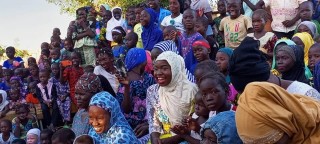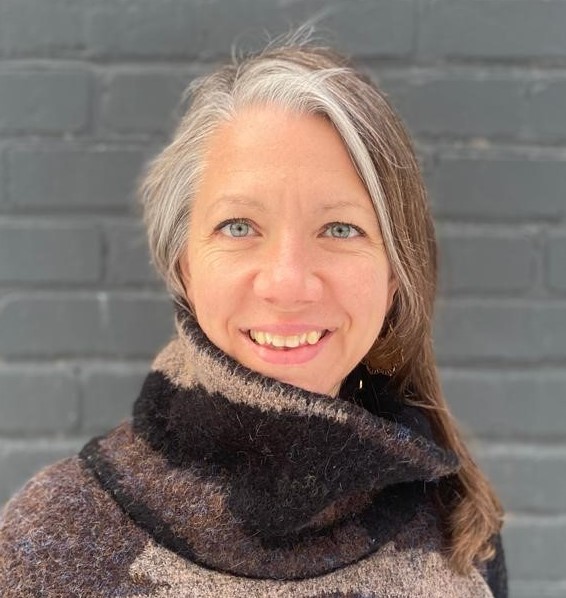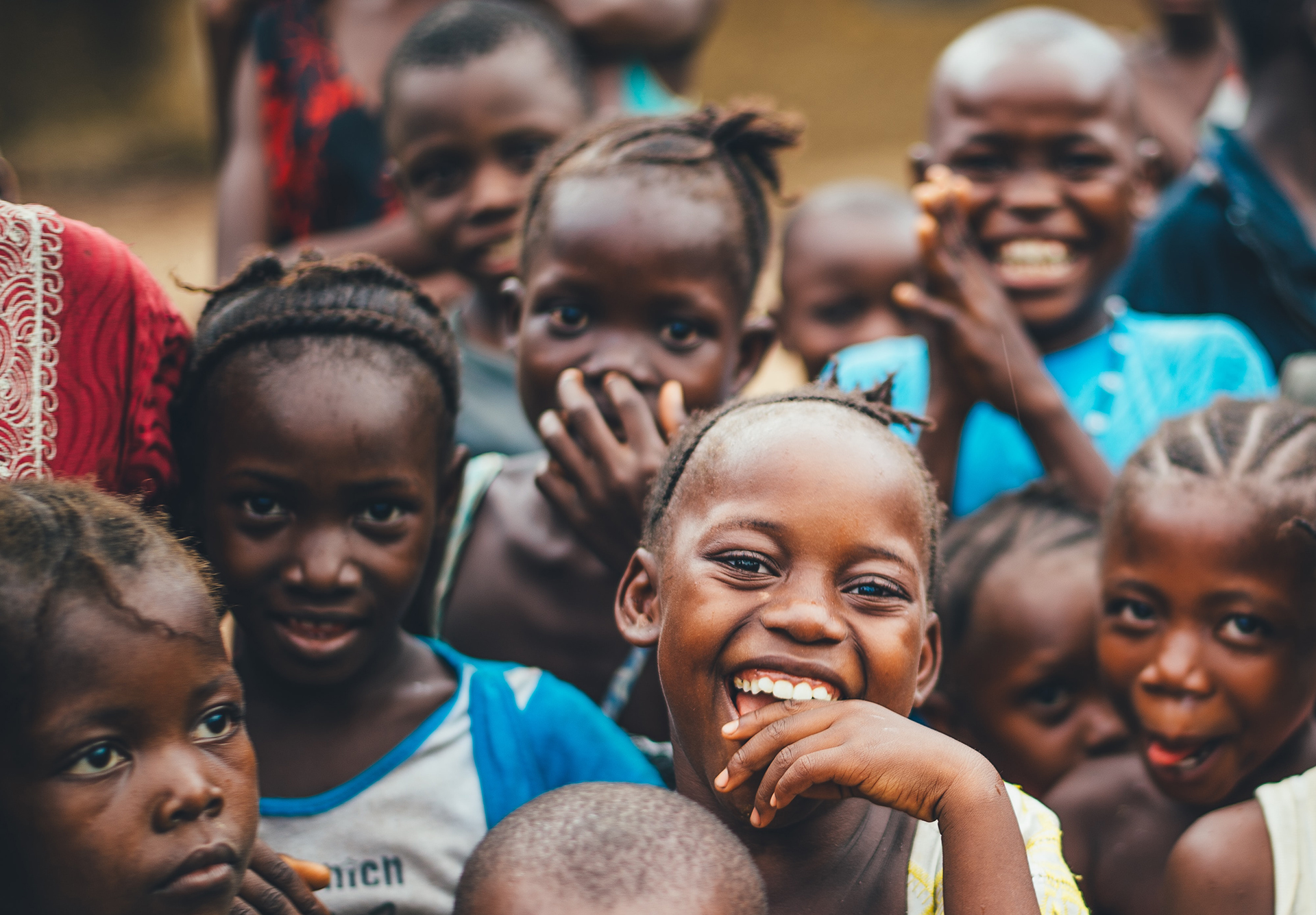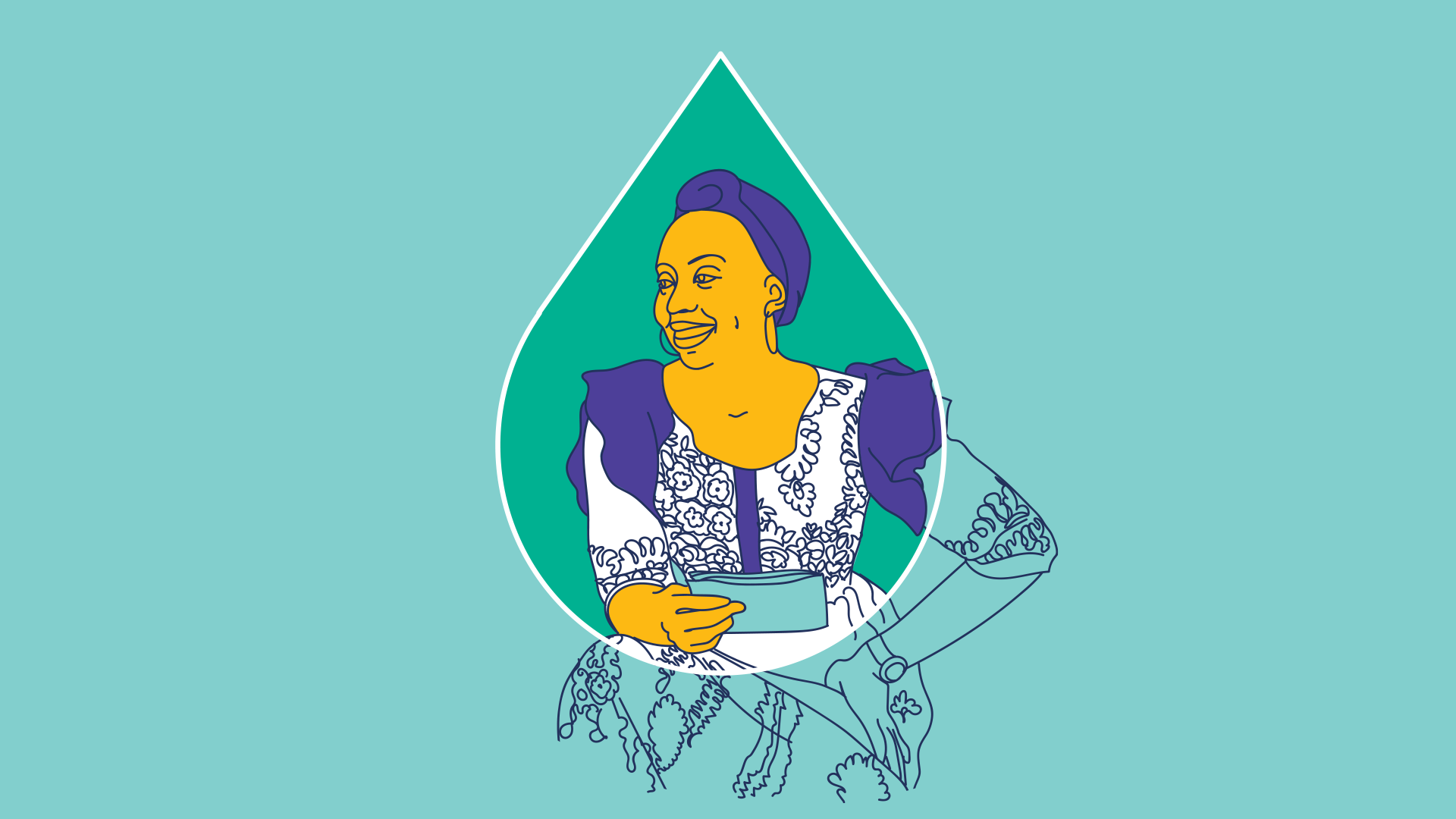Menstrual Hygiene Management: Setting the Stage

Written by Isabelle Viens in collaboration with Djibril Guissé, Coordinator of Social Art for Behaviour Change, Centre Culturel Kôrè, SCOFI Project, Mali
Teen clubs in high schools in Mali: a strategy that allows us to take big steps forward in menstrual hygiene management.
In Mali, girls face major constraints related to their education, in terms of access to schools, retention rates, and overall academic success. The Malian government has implemented various strategies in the education sector to improve this situation. In 1992, a new national unit, focused specifically on girls’ education, was formed. And yet indicators show that educational achievement has stayed at the same levels, largely due to strong socio-cultural determinants and an ever-escalating population.
One of the socio-cultural determinants is constraints in the management of menstrual hygiene, which play an important role in school absenteeism and dropout rates for girls, especially among female high school students aged 13 through 15.
A UNESCO report indicates that one girl in 10 will not attend school while she has her period, which represents about 20% of a school year.
There are multiple reasons for menstruation-related absenteeism: a lack of adequate sanitation facilities in schools; the poor state of sanitation facilities when they are available and/or the fact that they are not gender-specific; a lack of access to relevant menstrual hygiene information; the absence of hygiene products; the more basic lack of water and soap at school; etc. Survey respondents also mentioned that it can be difficult to concentrate at school when their menstrual periods are poorly managed, and this also affects their academic performance. And the generally taboo nature of menstruation also affects girls and women in Mali. They are often the only ones concerned with the management of their periods and, consequently, find themselves in an echo-chamber of sorts when seeking solutions.
The project objectives
The SCOFI Project is funded by Global Affairs Canada, in partnership with the One Drop Foundation and Cowater International, and aims to improve school access, retention, and results for 16,000 adolescent girls at the high school level, particularly in the region of Ségou in central Mali.
This initiative addresses the proper management of menstrual hygiene, which in turn helps move a number of the United Nations Sustainable Development Goals (SDGs) forward, including SDG 4 for quality education for all, SDG 5 for gender equality, and SDG 6 for clean water and sanitation for all. The project also includes interventions that will foster social and economic growth and empowerment for the communities that are involved.
One of the keys of the SCOFI Project is to emphasize proper menstrual hygiene management by seeking to mobilize teen girls to use hygienic products in adapted high school toilets. If they aren’t provided with an environment that is favourable to proper menstrual hygiene, young girls cannot succeed. The project sets up a whole system of actors who are mobilized around this behaviour: school staff, village chiefs, town halls, and community groups all play an important role in making adequate menstrual hygiene practices a social norm in their communities.
Teen clubs
Teen girls are seen as the protagonists of change within the framework of the SCOFI Project, and in an initiative proposed by the Centre Culturel Kôrè (CCK) — partner of the component of the Social Art for Behaviour Change approach developed by the One Drop Foundation for the project — the girls have been invited to join teen clubs. Supported by the schools and town halls in the villages involved in the project, these clubs offer teenage girls a space where they can express themselves and listen to others, have discussions, and share information – all to strengthen their confidence and self-esteem, activate their sense of community involvement and leadership, and let them take a closer look at cultural and civic values so they can put their personal sense of responsibility into action. The clubs also aim to motivate teen girls by co-creating social art tools that are specifically aimed at their development and that increase their ease and desire to speak up and express themselves. Spaces for discussion like these teen clubs make it possible to identify the needs of adolescent girls (in terms of menstrual hygiene, sexual harassment, and other types of gender-based violence, for example) and ensure they are taken into account.
“For teenage girls, one of the most important motivations is that the club is a safe space, where they can express themselves freely, fearlessly, and confidently – about any concerns they might have. And there is also a basic desire for gathering, collaboration, and camaraderie between young girls of the same age, which is another source of motivation.” - Social Art for Behaviour Change Coordinator at Centre Culturel Kôrè
Social Art for Behaviour Change interventions in the second year of the project raised awareness and mobilized 14,077 people. Of this number, 70% participated in activities to better understand the importance of menstrual hygiene management at school and/or about the existence of separate latrines, 50% committed to taking measures to adopt good menstrual hygiene practices at school, and 41% stated they now understand the conditions required for good menstrual hygiene management in schools.
"This club allows us to identify any problems and solve them. It’s also a way to have fun, fight back against the idea of girls being weak, and deal with any concerns that might discourage us, including in our studies." - Young girl from a school in the town of Bla, Ségou Region, Mali.

“Taking the time to be with the people on the ground, that’s the real life!”
As the senior expert in Social Art for Behaviour Change (SABC), Isabelle contributes in various ways to all One Drop projects. She has developed specific experience in Latin America where she works synergistically with the Lazos de Agua Program, a regional initiative that brings together WASH, behaviour change, social art and finance. Within the SABC team, she brings her expertise in integral and creative project design, formative behaviour change research (concept and methodology), social norms, nudges, co-creation, and adolescent empowerment.
Prior to joining One Drop in 2015, Isabelle collaborated with the organization OXFAM Quebec as a volunteer cooperant in the fields of art and strategic planning. During her two-year tenure, Isabelle developed strategic planning trainings for artist groups participating in a project in El Salvador. Over the past two decades, Isabelle has worked in the field of international cooperation, accumulating more than twenty years of experience in the fields of social art and popular education, including seven years with the One Drop Foundation. Over the years, her work has allowed her to collaborate with different projects in West Africa, South America, Central America, the Caribbean, and of course, North America.
In addition, since April 2021, Isabelle has assumed the position of Vice President on the Board of Directors of the Société Mer et Monde, where she collaborates with a team of committed managers who carry the "being with" message loud and clear in the projects implemented by the organization.
Isabelle holds a bachelor's degree in drama education from the Université du Québec à Montréal and a Diploma of Collegial Studies in Human Resources Management from the Cégep de Maisonneuve.

